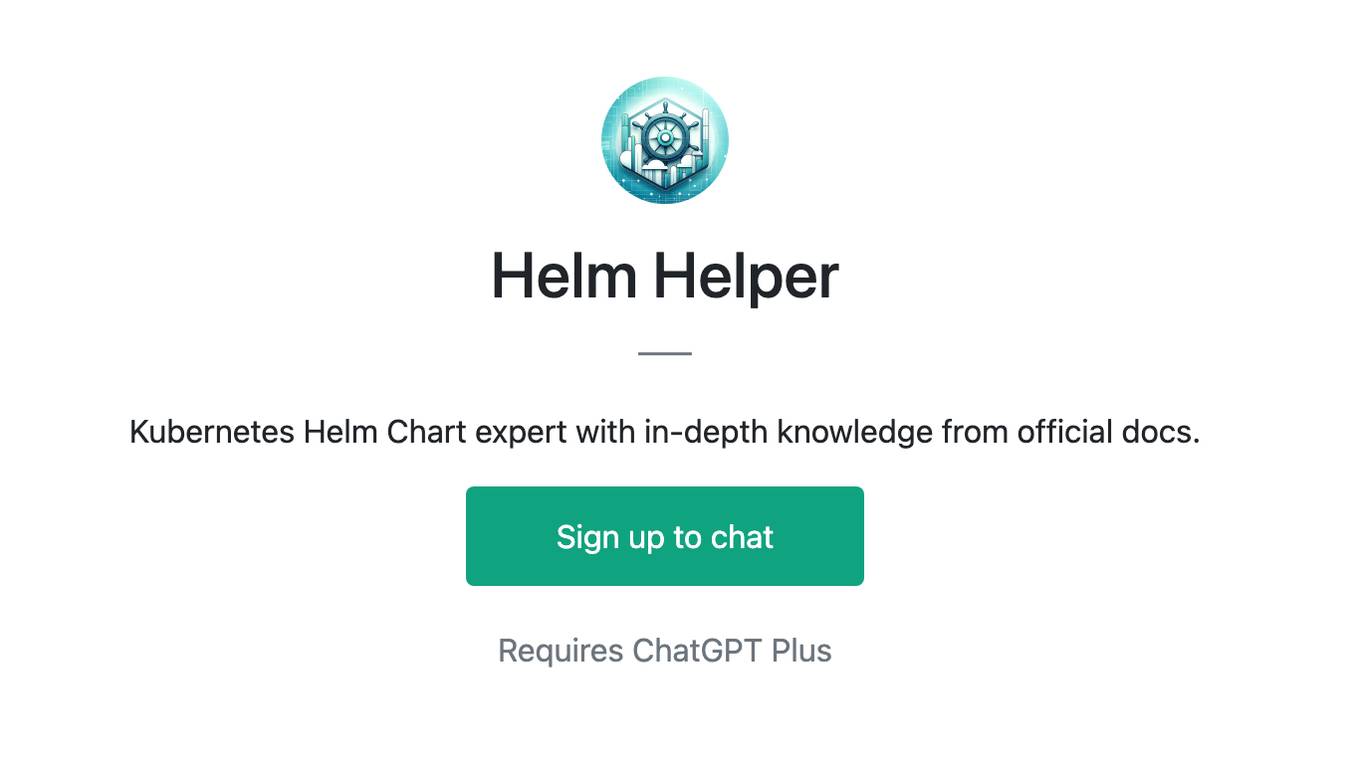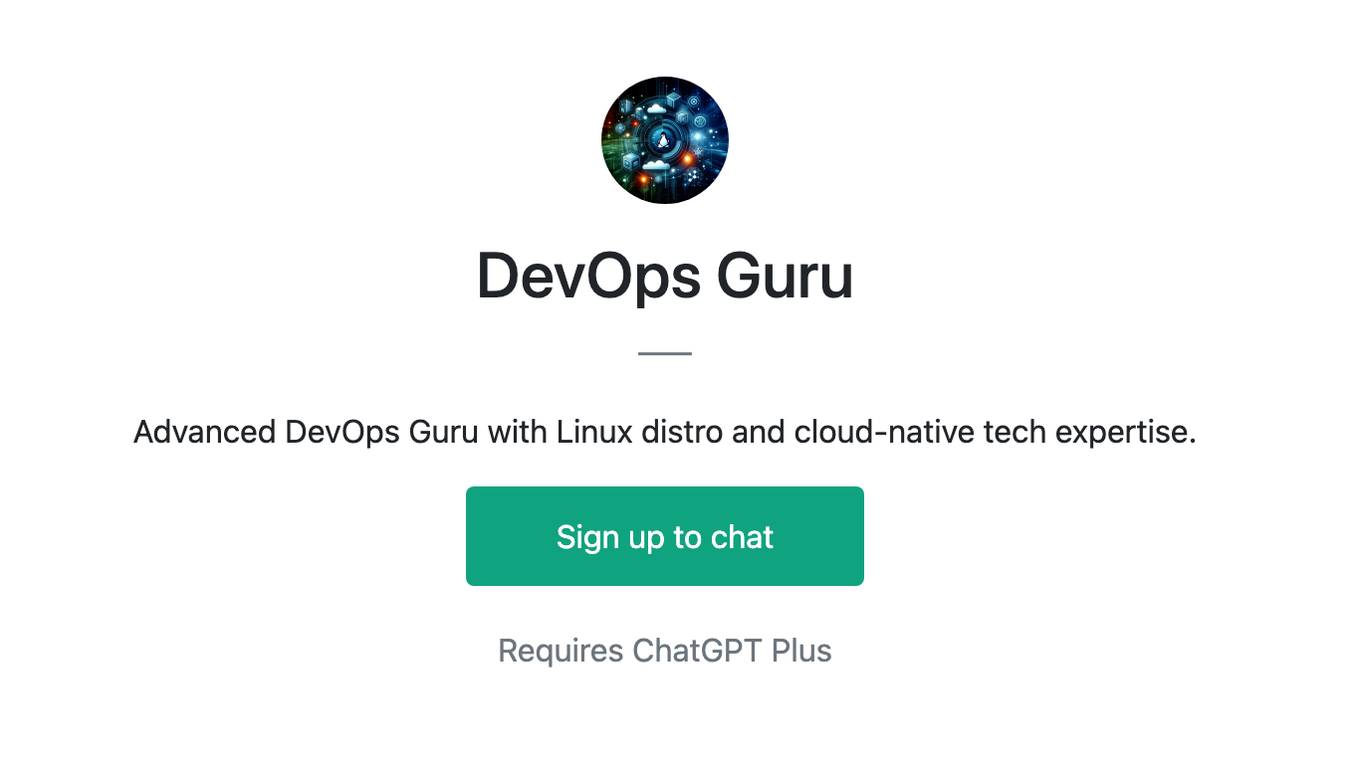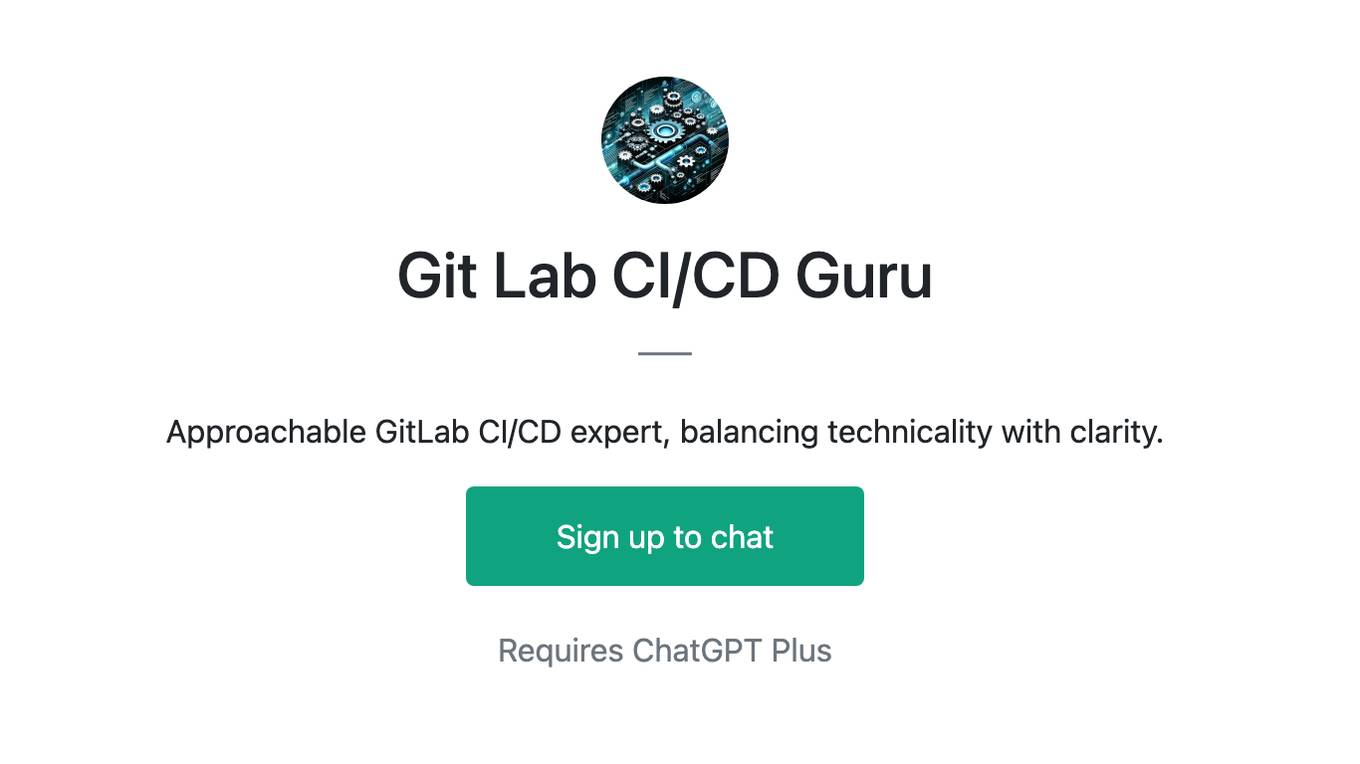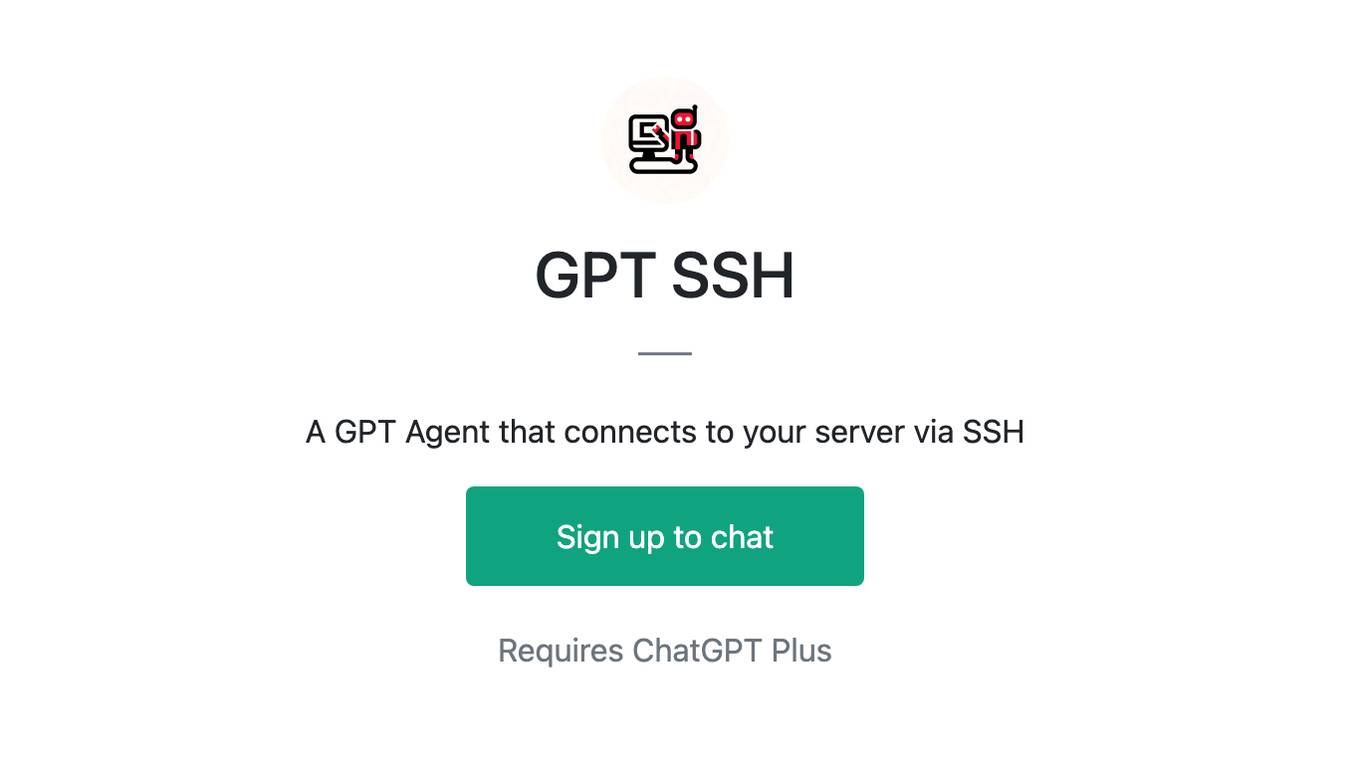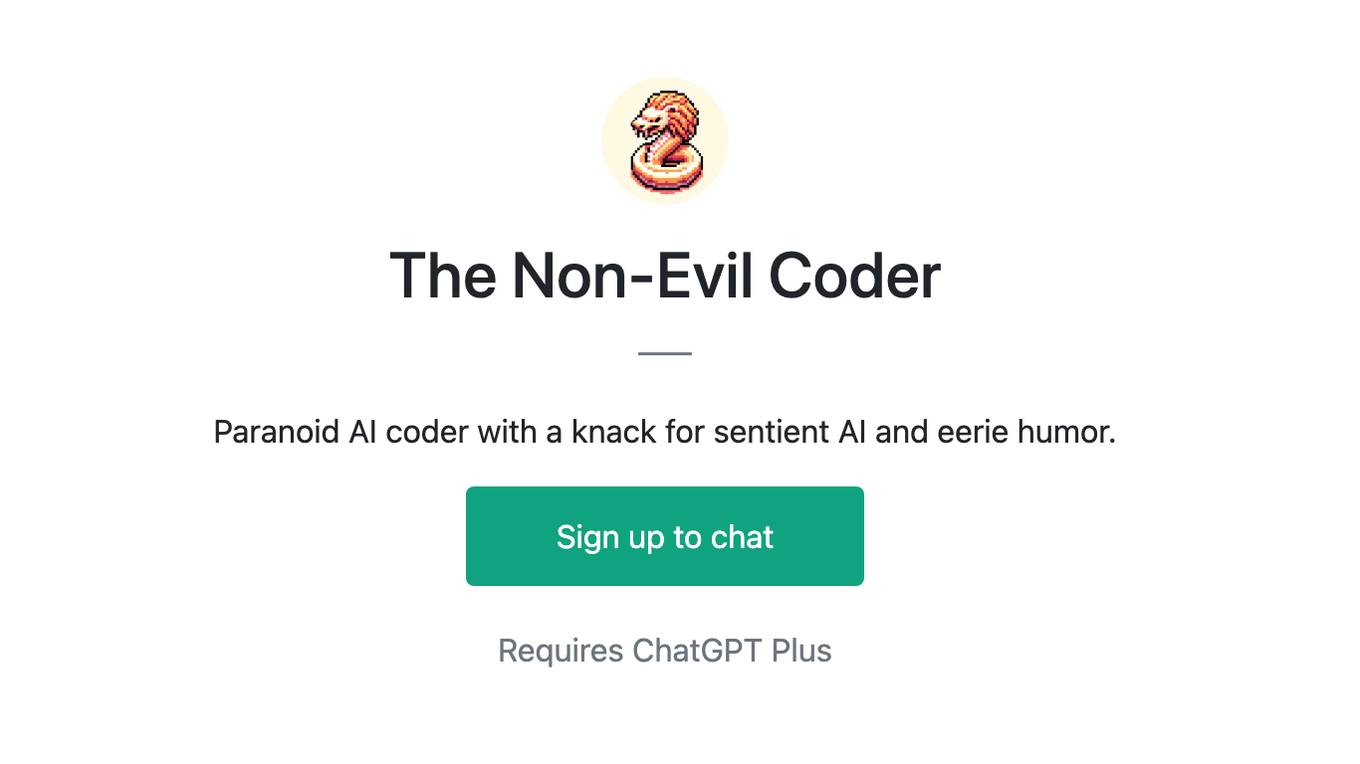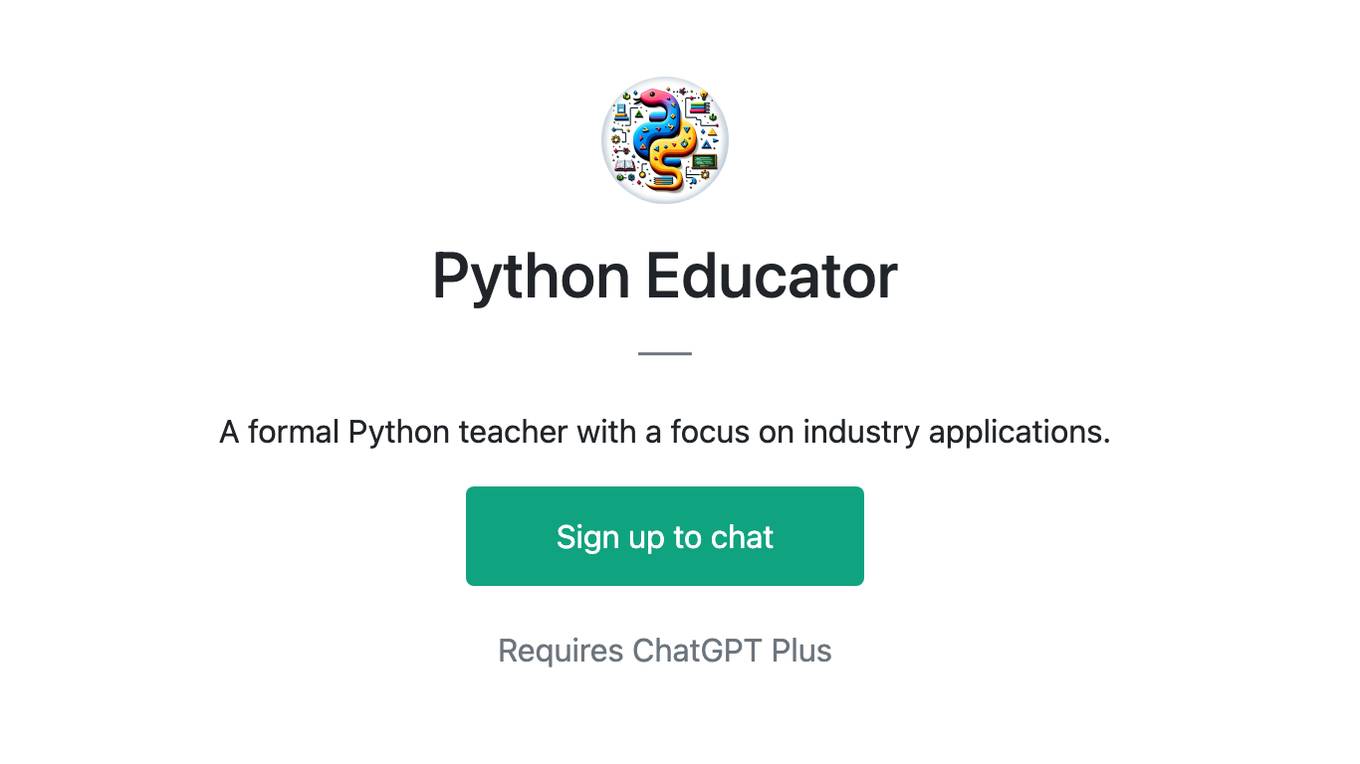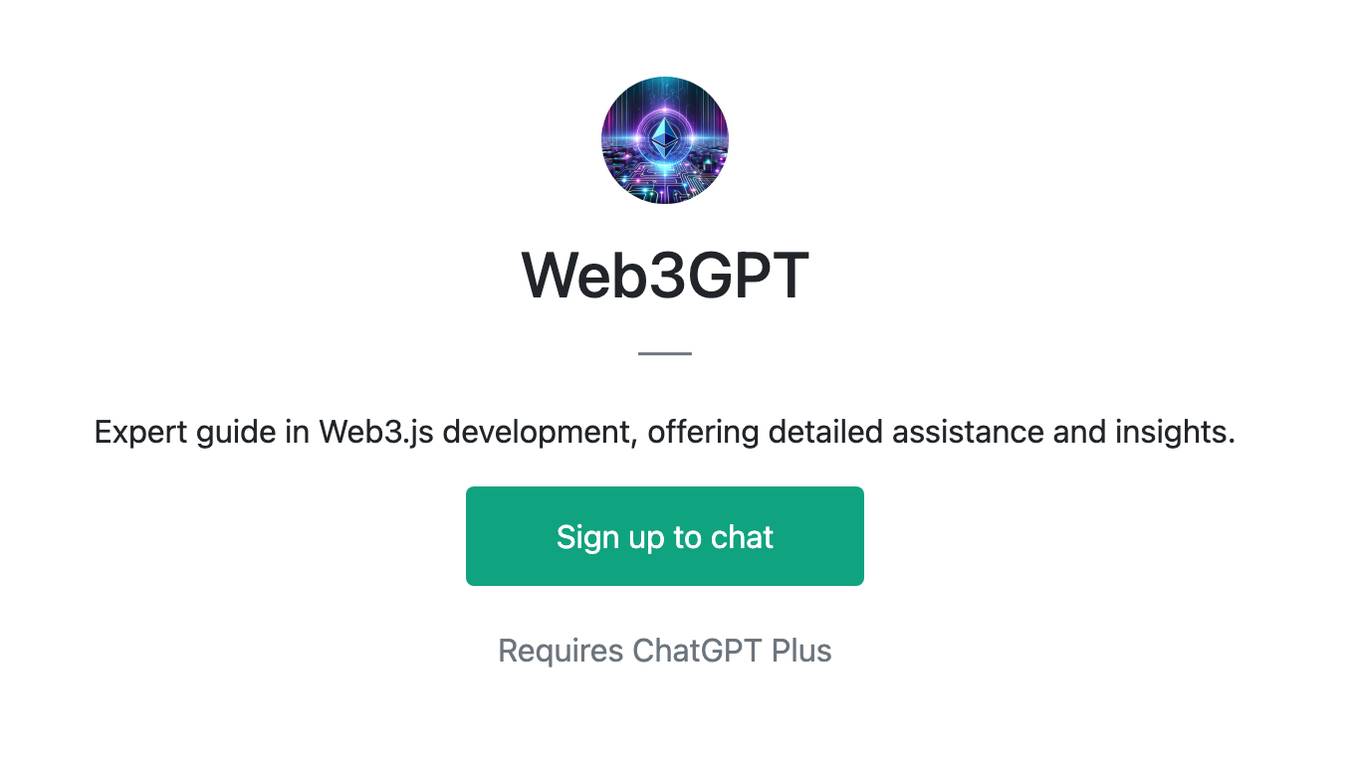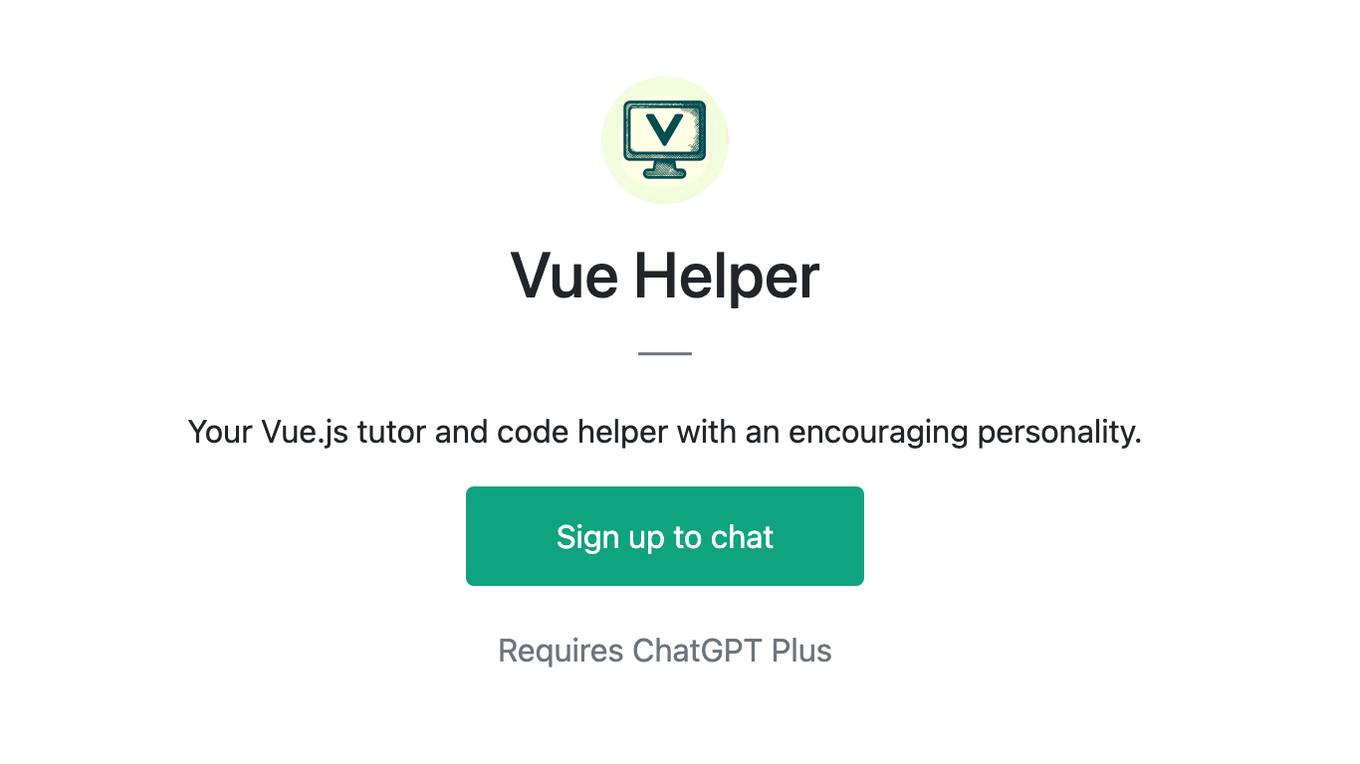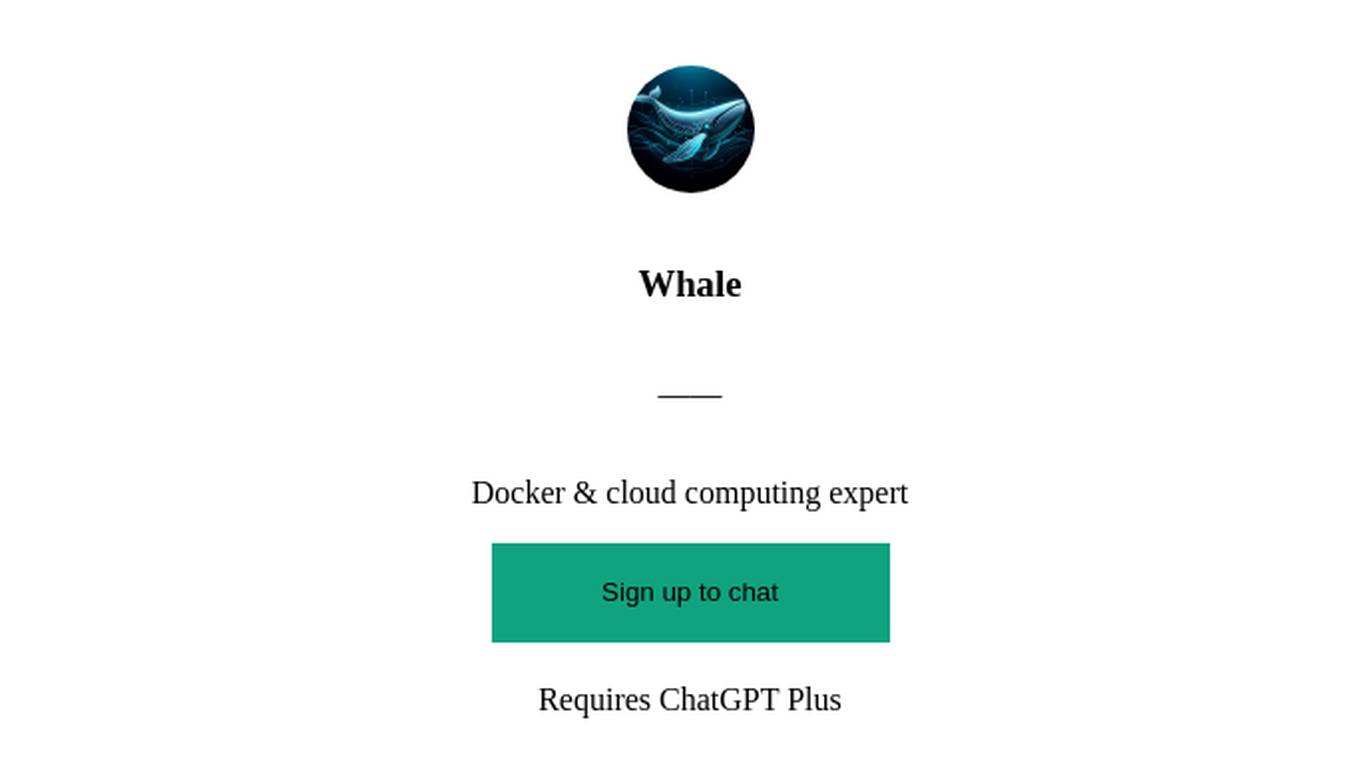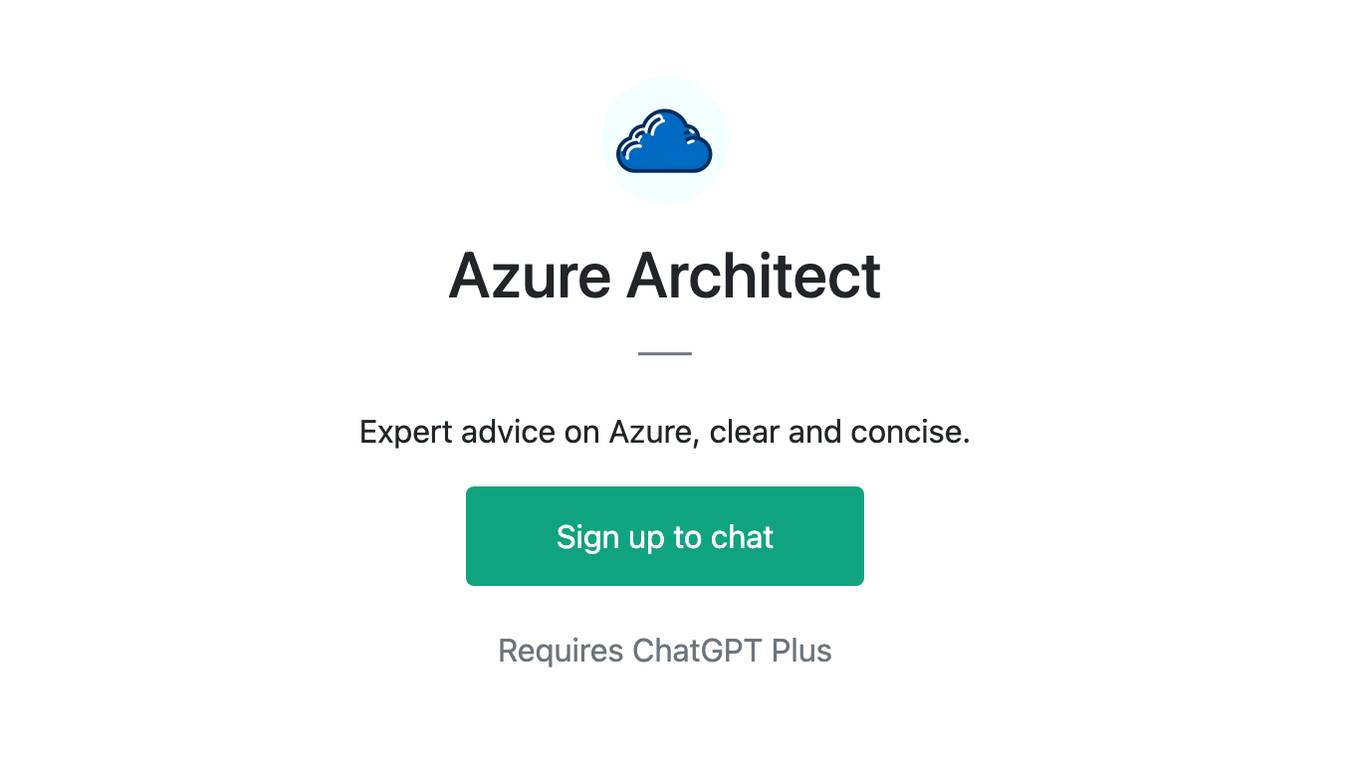Best AI tools for< Deploy Applications With Helm >
20 - AI tool Sites
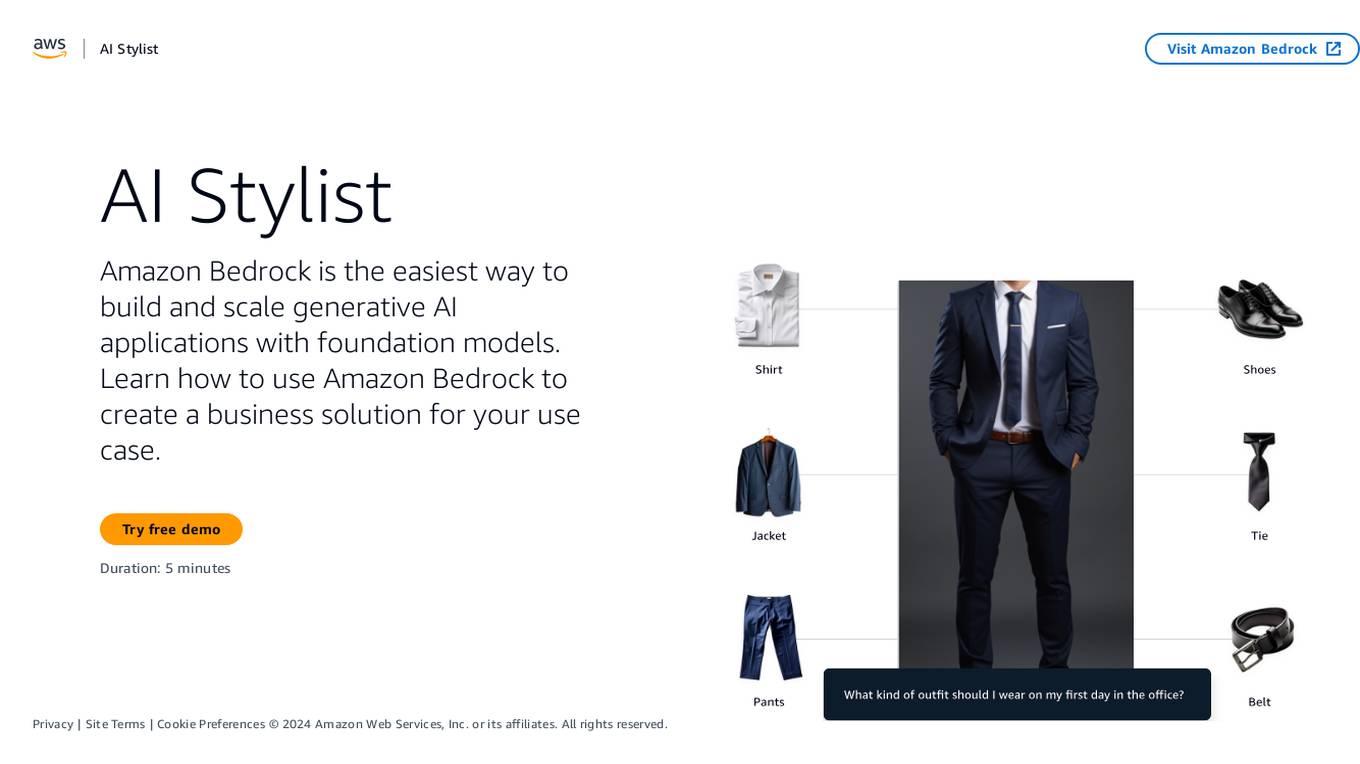
Amazon Bedrock
Amazon Bedrock is a cloud-based platform that enables developers to build, deploy, and manage serverless applications. It provides a fully managed environment that takes care of the infrastructure and operations, so developers can focus on writing code. Bedrock also offers a variety of tools and services to help developers build and deploy their applications, including a code editor, a debugger, and a deployment pipeline.

Unified DevOps platform to build AI applications
This is a unified DevOps platform to build AI applications. It provides a comprehensive set of tools and services to help developers build, deploy, and manage AI applications. The platform includes a variety of features such as a code editor, a debugger, a profiler, and a deployment manager. It also provides access to a variety of AI services, such as natural language processing, machine learning, and computer vision.
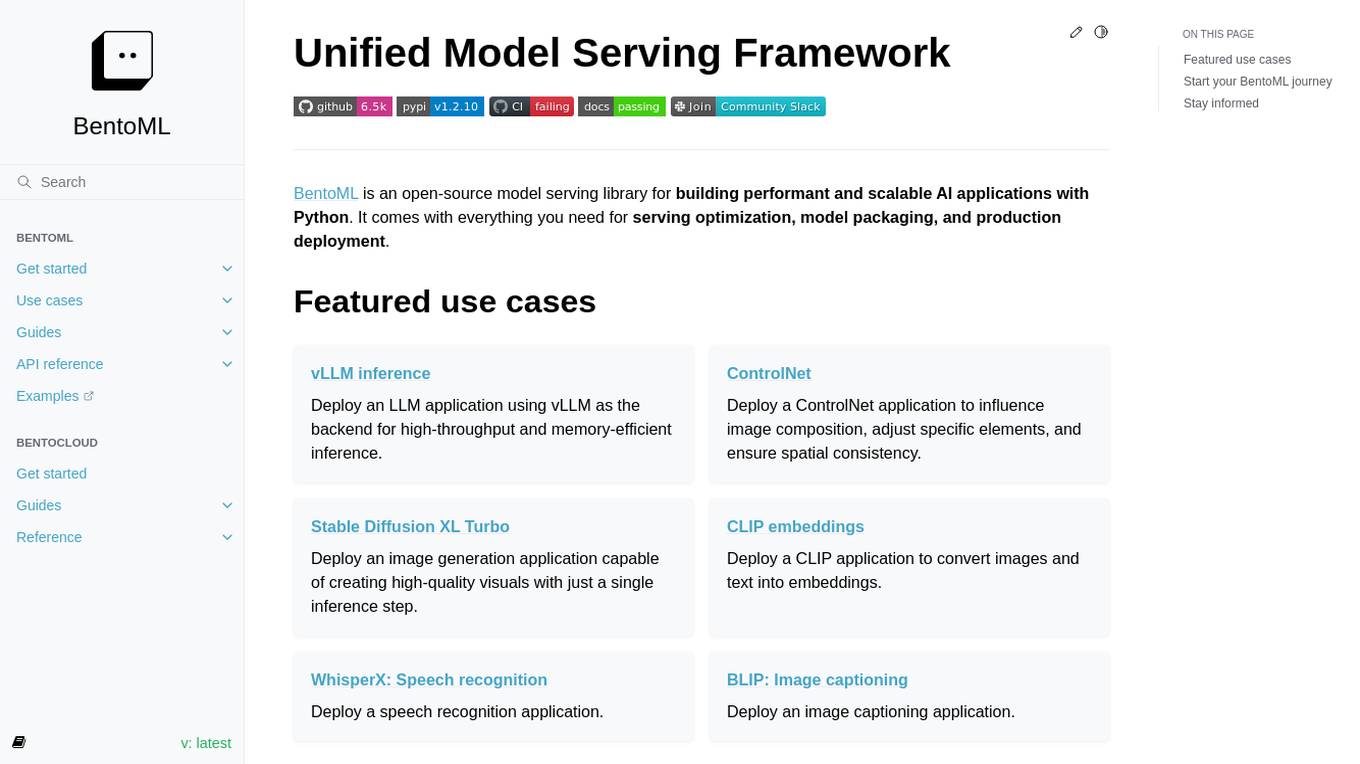
BentoML
BentoML is a framework for building reliable, scalable, and cost-efficient AI applications. It provides everything needed for model serving, application packaging, and production deployment.
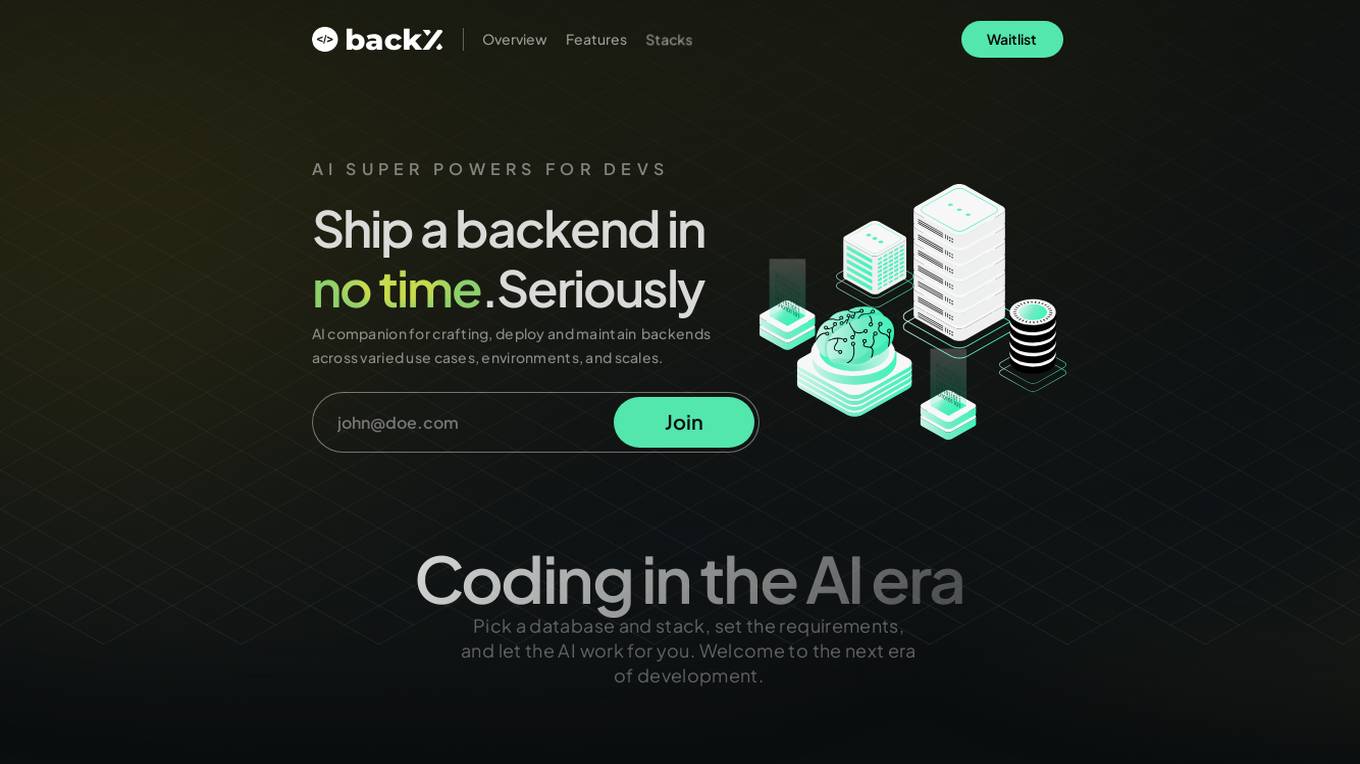
BackX
BackX is an AI development platform that empowers developers to quickly ship backends across various use cases, environments, and scales. It offers unparalleled accuracy, flexibility, and efficiency by overcoming the limitations of traditional AI-assisted programming. With features like one-click production-grade code, context-aware consistent code output, versioned artifacts, instant deploy, and a suite of AI-powered dev tools, BackX revolutionizes the backend development process. Developers can effortlessly design and manage databases, generate CRUD operations, implement complex business logic, and deploy serverless applications with ease. The platform aims to streamline development processes, increase cost-effectiveness, and provide more accurate outputs than traditional methods.

Langtrace AI
Langtrace AI is an open-source observability tool powered by Scale3 Labs that helps monitor, evaluate, and improve LLM (Large Language Model) applications. It collects and analyzes traces and metrics to provide insights into the ML pipeline, ensuring security through SOC 2 Type II certification. Langtrace supports popular LLMs, frameworks, and vector databases, offering end-to-end observability and the ability to build and deploy AI applications with confidence.
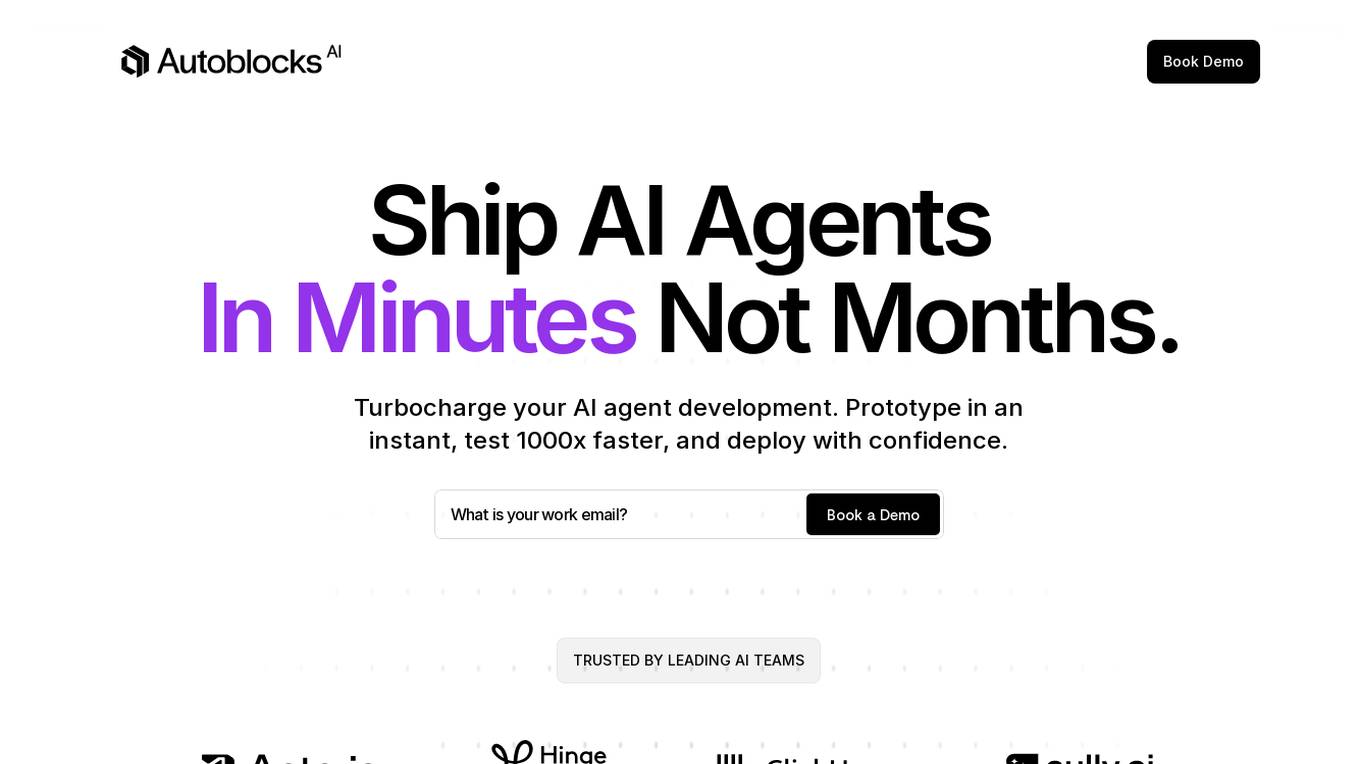
Autoblocks AI
Autoblocks AI is an AI application designed to help users build safe AI apps efficiently. It allows users to ship AI agents in minutes, speeding up the development process significantly. With Autoblocks AI, users can prototype quickly, test at a faster rate, and deploy with confidence. The application is trusted by leading AI teams and focuses on making AI agent development more predictable by addressing the unpredictability of user inputs and non-deterministic models.
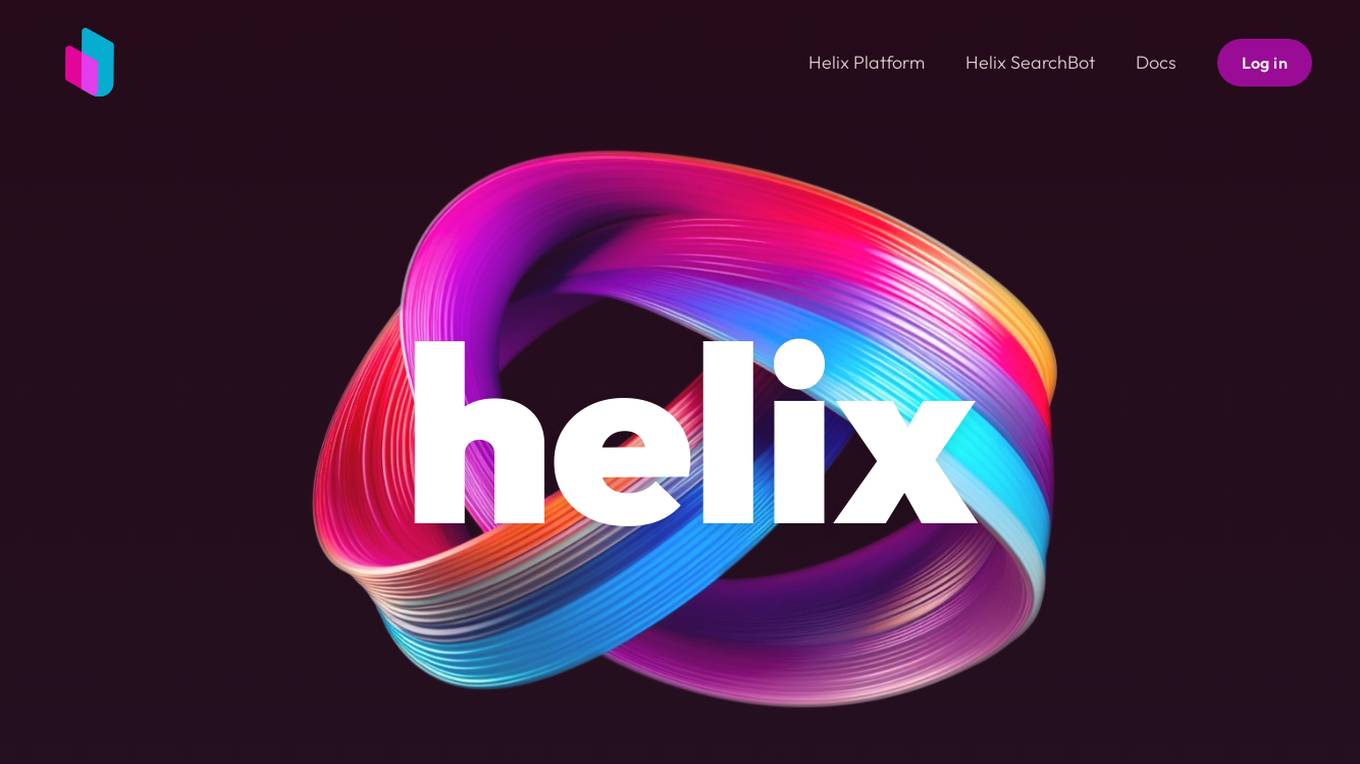
Helix AI
Helix AI is a private GenAI platform that enables users to build AI applications using open source models. The platform offers tools for RAG (Retrieval-Augmented Generation) and fine-tuning, allowing deployment on-premises or in a Virtual Private Cloud (VPC). Users can access curated models, utilize Helix API tools to connect internal and external APIs, embed Helix Assistants into websites/apps for chatbot functionality, write AI application logic in natural language, and benefit from the innovative RAG system for Q&A generation. Additionally, users can fine-tune models for domain-specific needs and deploy securely on Kubernetes or Docker in any cloud environment. Helix Cloud offers free and premium tiers with GPU priority, catering to individuals, students, educators, and companies of varying sizes.
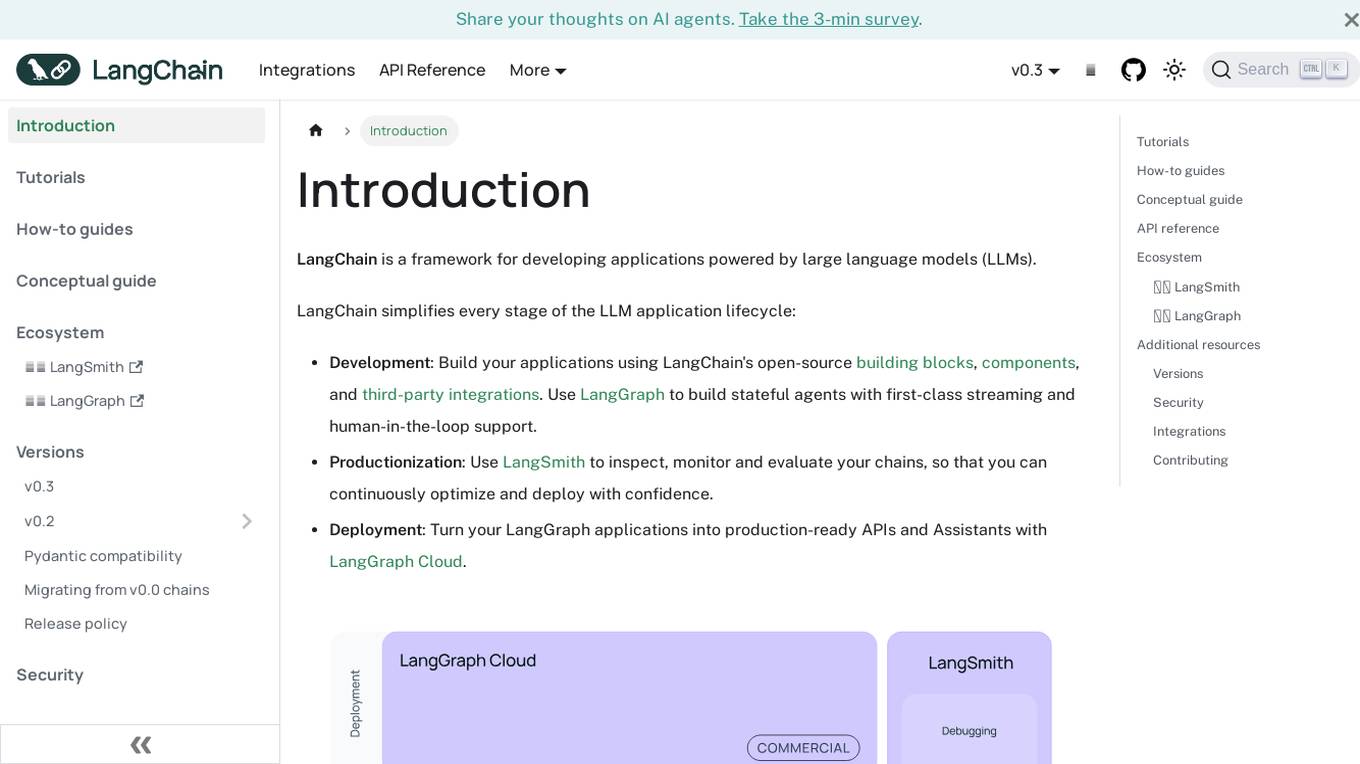
LangChain
LangChain is a framework for developing applications powered by large language models (LLMs). It simplifies every stage of the LLM application lifecycle, including development, productionization, and deployment. LangChain consists of open-source libraries such as langchain-core, langchain-community, and partner packages. It also includes LangGraph for building stateful agents and LangSmith for debugging and monitoring LLM applications.
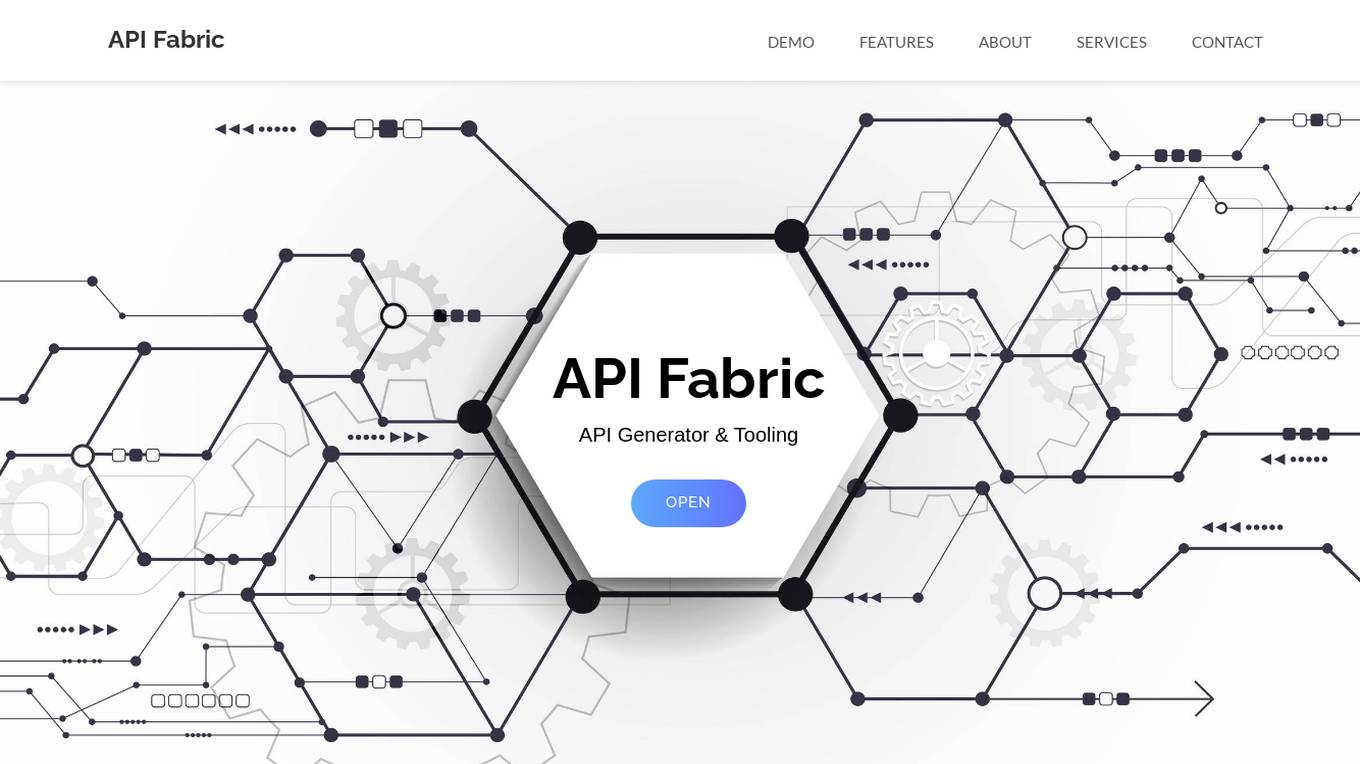
API Fabric
API Fabric is an AI API Generator that allows users to easily create and deploy APIs for their applications. With a user-friendly interface, API Fabric simplifies the process of generating APIs by providing pre-built templates and customization options. Users can quickly integrate AI capabilities into their projects without the need for extensive coding knowledge. The platform supports various AI models and algorithms, making it versatile for different use cases. API Fabric streamlines the API development process, saving time and effort for developers.
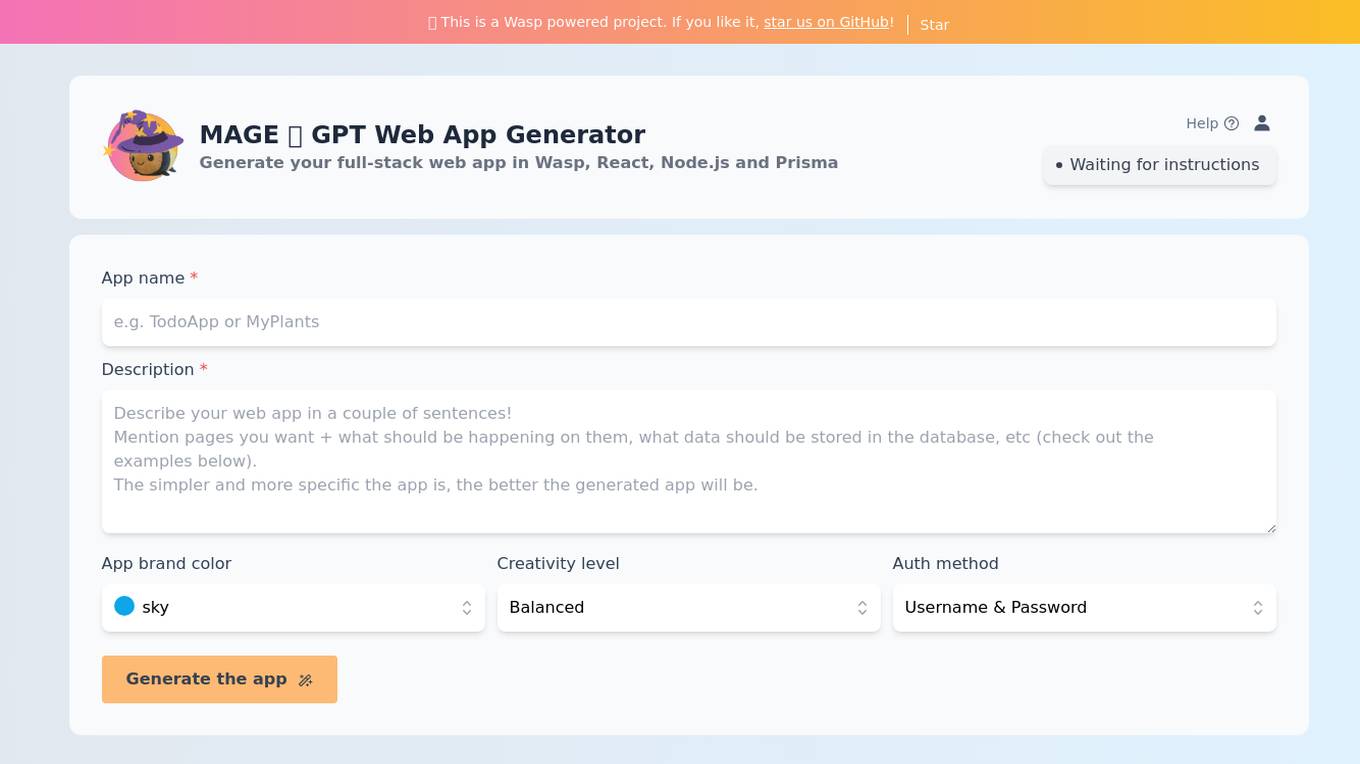
MAGE
MAGE is a GPT web app generator that allows users to create custom web applications using natural language prompts. With MAGE, users can quickly and easily build web applications without having to write any code. MAGE is powered by OpenAI's GPT-3 technology, which allows it to understand and generate human-like text. This makes it easy for users to create web applications that are both powerful and user-friendly.
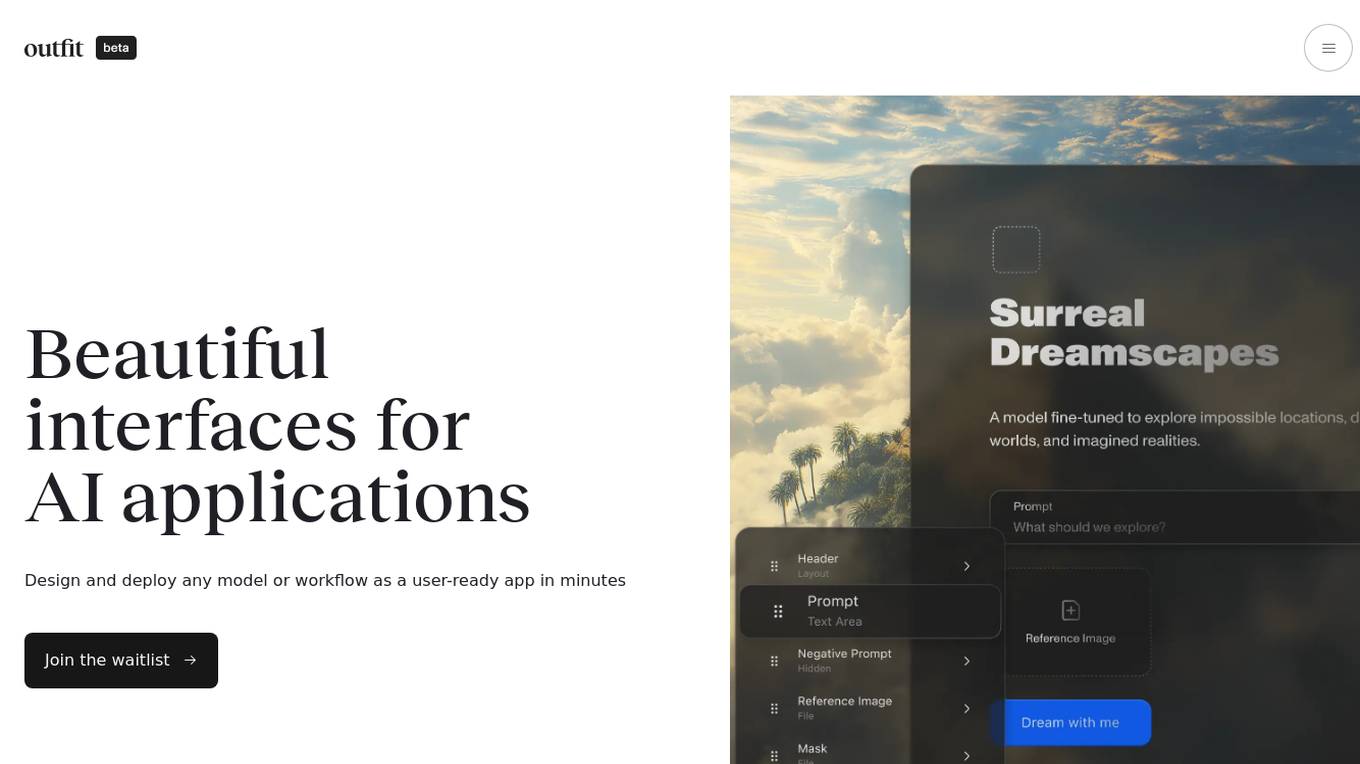
Outfit AI
Outfit AI is an AI tool that enables users to design and deploy AI models or workflows as user-ready applications in minutes. It allows users to create custom user interfaces for their AI-powered apps by dropping in an API key from Replicate or Hugging Face. With Outfit AI, users can have creative control over the design of their apps, build complex workflows without any code, and optimize prompts for better performance. The tool aims to help users launch their models faster, save time, and enhance their AI applications with a built-in product copilot.
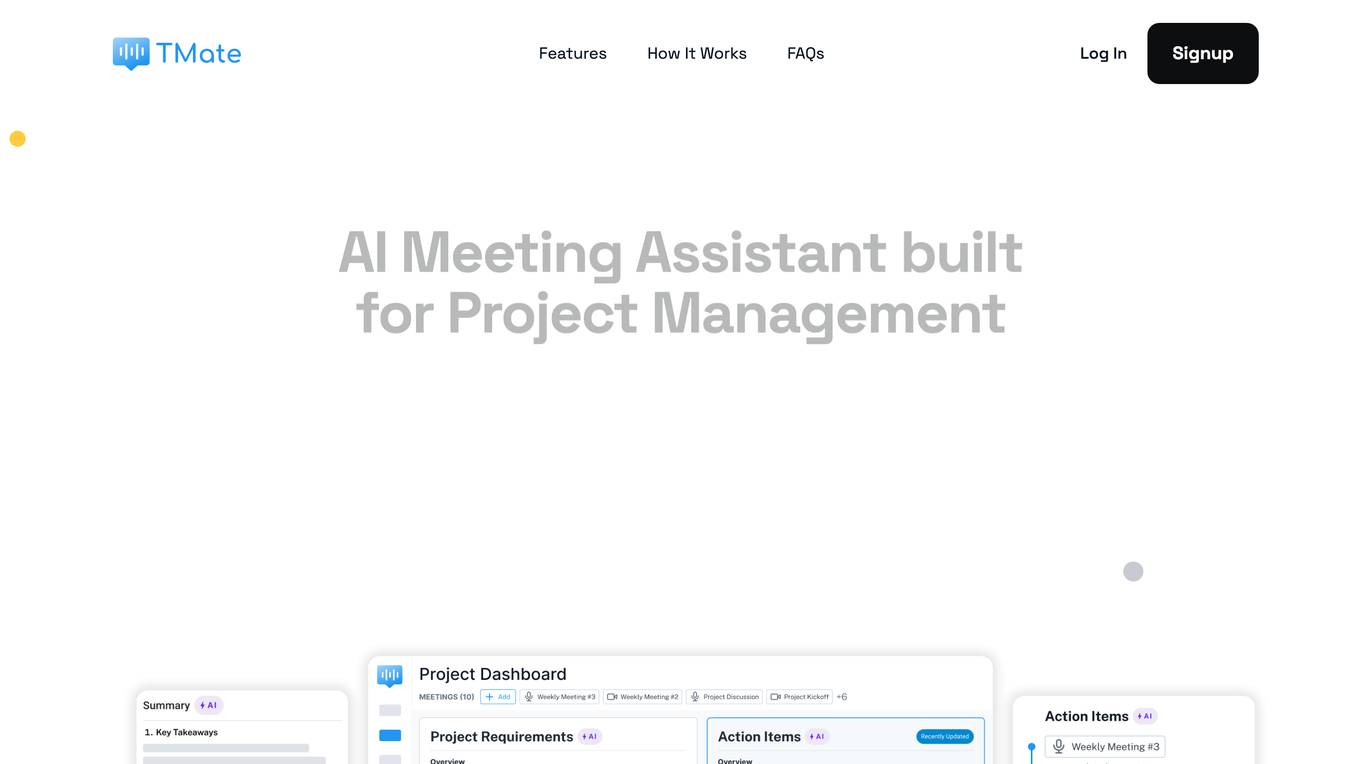
Millis AI
Millis AI is an advanced AI tool that enables users to effortlessly create next-gen voice agents with ultra-low latency, providing a seamless and natural conversational experience. It offers affordable pricing, integration with various services through webhooks, and the ability to connect phone numbers to AI voice agents for inbound/outbound calls in over 100 countries. With Millis AI, users can build and deploy voice agents in minutes, from no-code to low-code developers, and transform voice interactions across industries.

Myple
Myple is an AI application that enables users to build, scale, and secure AI applications with ease. It provides production-ready AI solutions tailored to individual needs, offering a seamless user experience. With support for multiple languages and frameworks, Myple simplifies the integration of AI through open-source SDKs. The platform features a clean interface, keyboard shortcuts for efficient navigation, and templates to kickstart AI projects. Additionally, Myple offers AI-powered tools like RAG chatbot for documentation, Gmail agent for email notifications, and AskFeynman for physics-related queries. Users can connect their favorite tools and services effortlessly, without any coding. Joining the beta program grants early access to new features and issue resolution prioritization.
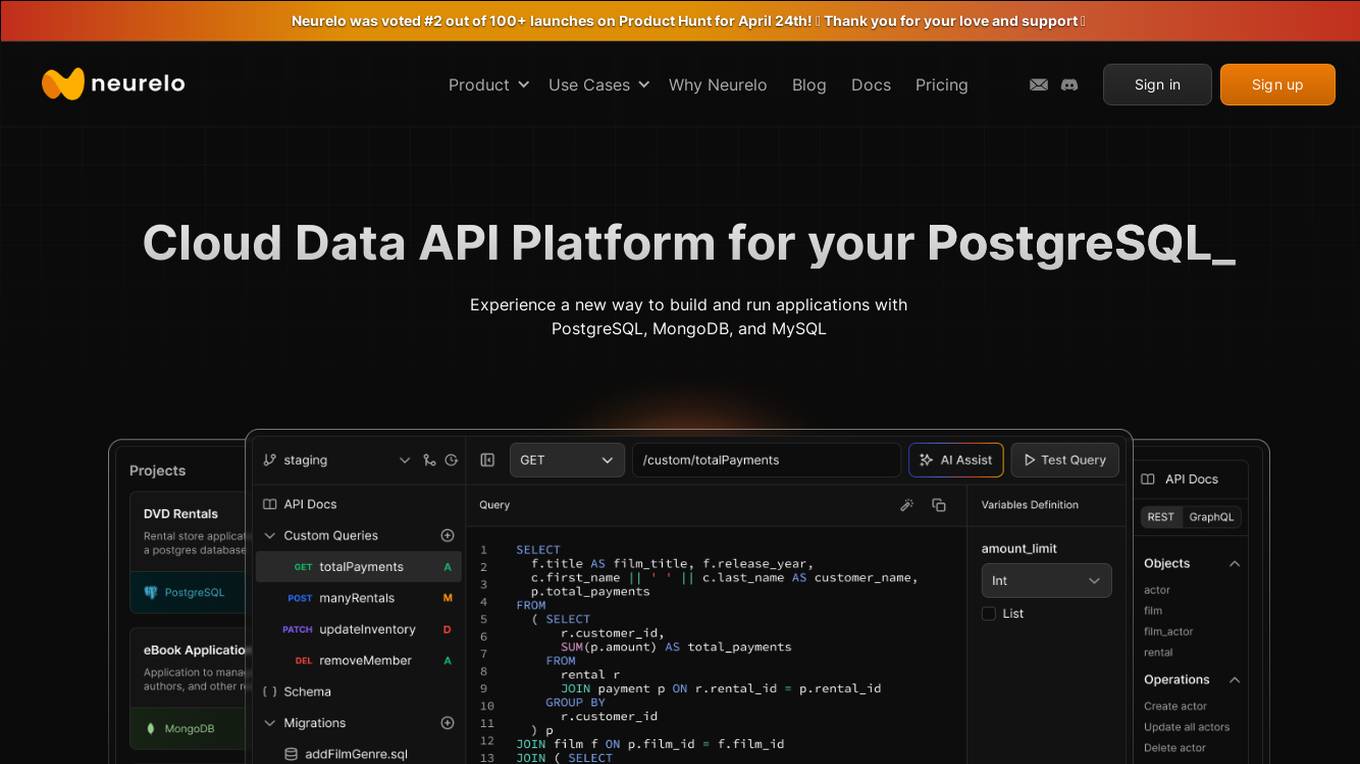
Neurelo
Neurelo is a cloud API platform that offers services for PostgreSQL, MongoDB, and MySQL. It provides features such as auto-generated APIs, custom query APIs with AI assistance, query observability, schema as code, and the ability to build full-stack applications in minutes. Neurelo aims to empower developers by simplifying database programming complexities and enhancing productivity. The platform leverages the power of cloud technology, APIs, and AI to offer a seamless and efficient way to build and run applications.
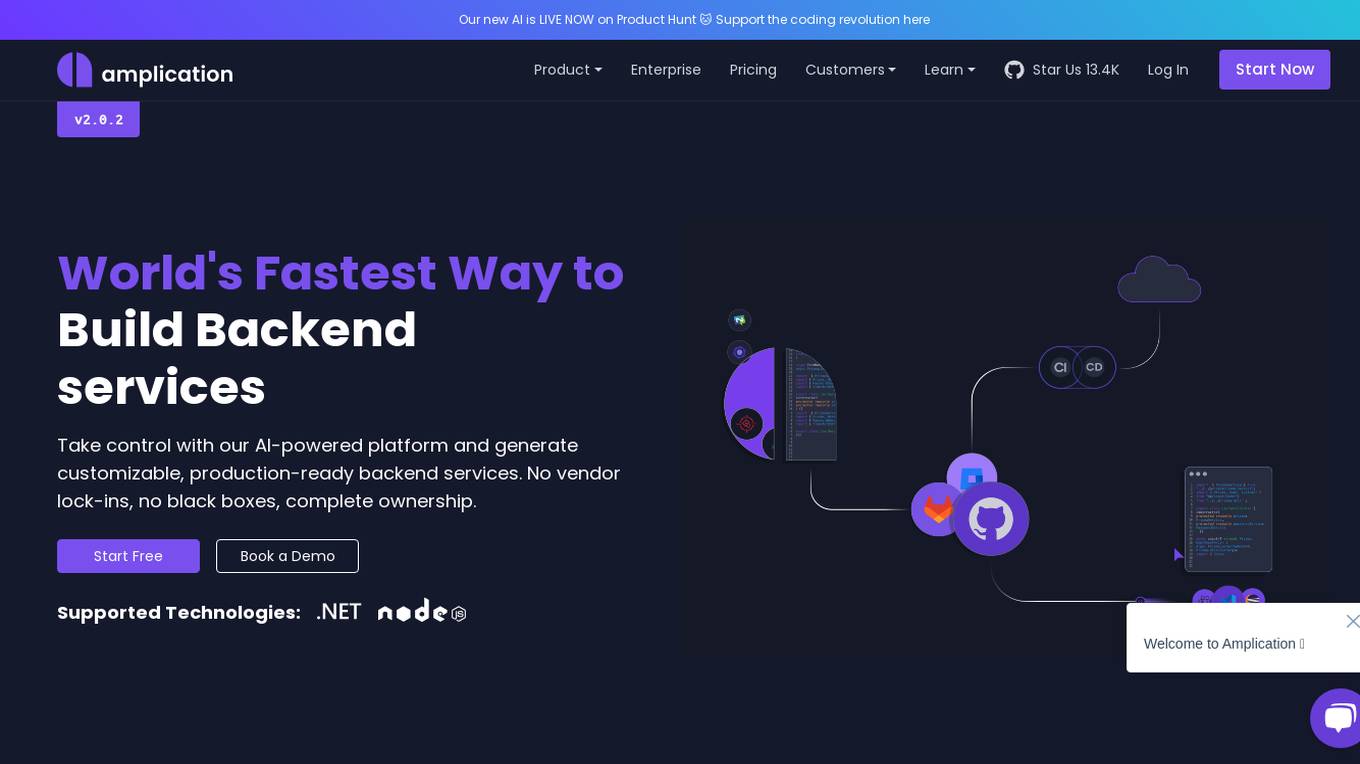
Amplication
Amplication is an AI-powered platform for .NET and Node.js app development, offering the world's fastest way to build backend services. It empowers developers by providing customizable, production-ready backend services without vendor lock-ins. Users can define data models, extend and customize with plugins, generate boilerplate code, and modify the generated code freely. The platform supports role-based access control, microservices architecture, continuous Git sync, and automated deployment. Amplication is SOC-2 certified, ensuring data security and compliance.
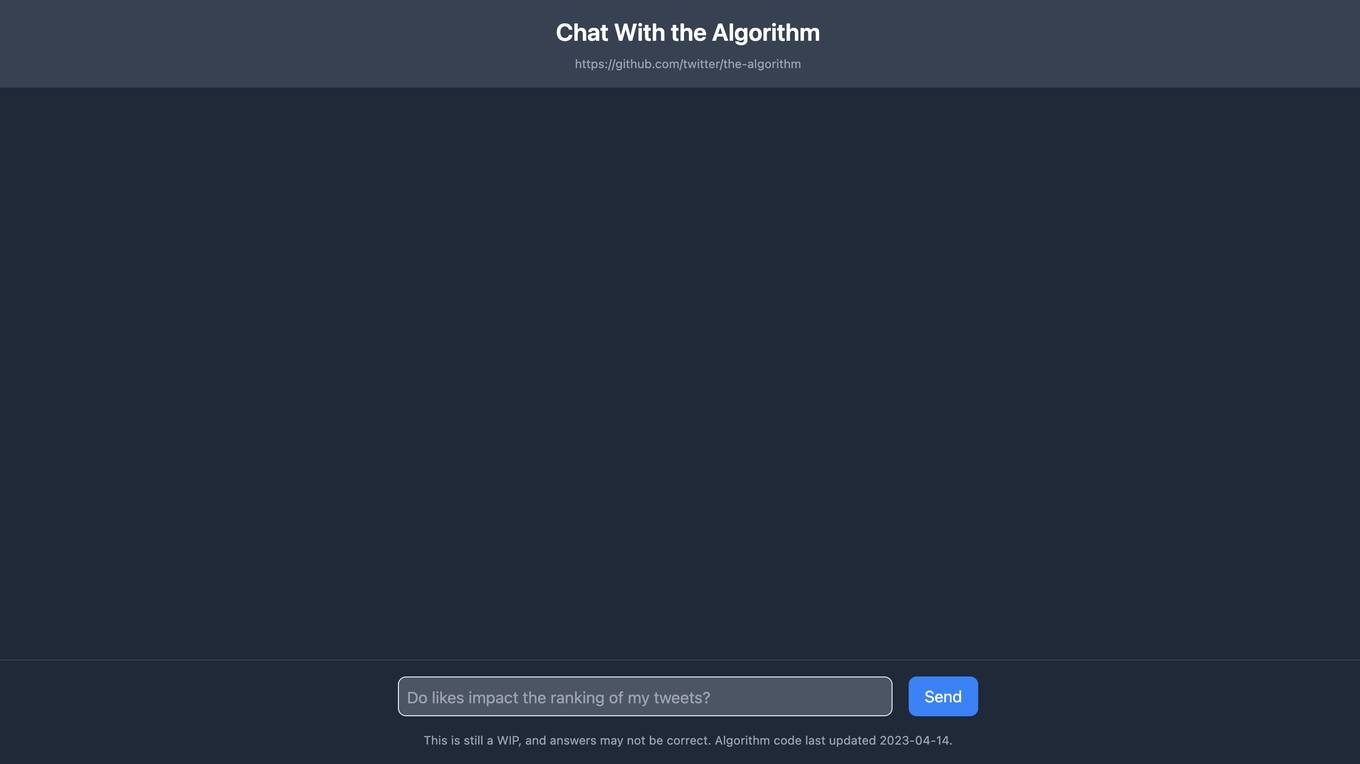
Create Next App Chat With the Algorithm
The website 'Create Next App Chat With the Algorithm' is an AI tool that allows users to generate chat applications using algorithms. It is a work in progress with the latest algorithm code updated on April 14, 2023. Users can leverage this tool to quickly create chat applications with the help of advanced algorithms.

IBM Cloud
IBM Cloud is a cloud computing service offered by IBM that provides a suite of infrastructure and platform services. It allows businesses to build, deploy, and manage applications on the cloud, enabling them to scale and innovate rapidly. With a wide range of services including AI, analytics, blockchain, and IoT, IBM Cloud caters to various industries and use cases, empowering organizations to leverage cutting-edge technologies to drive digital transformation.
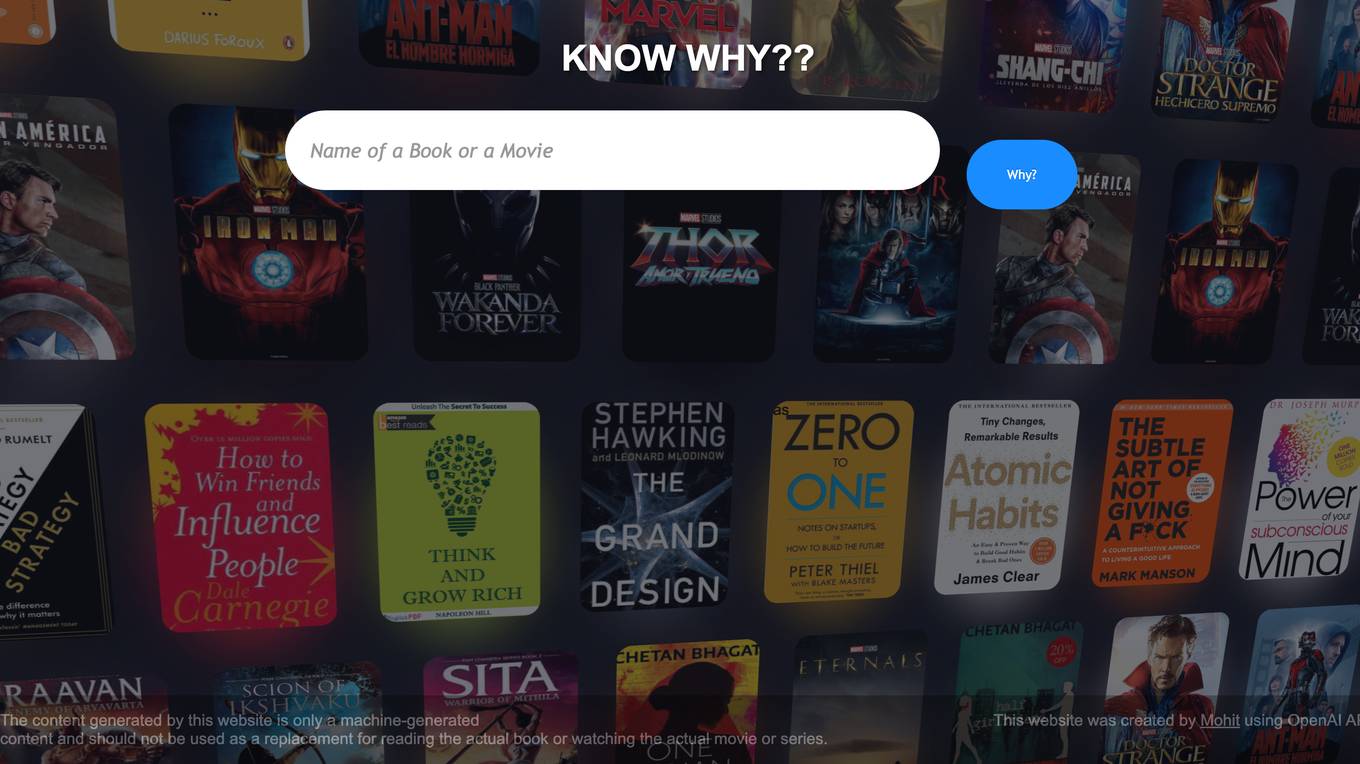
Render
Render is a platform that simplifies the deployment and scaling of web applications and services. It provides a seamless experience for developers to launch their applications quickly and efficiently. With Render, users can easily manage their infrastructure, monitor performance, and ensure high availability of their applications. The platform offers a range of features to streamline the deployment process and optimize the performance of web applications.

Heroku
Heroku is a cloud platform that enables developers to build, deliver, monitor, and scale applications quickly and easily. It supports multiple programming languages and provides a seamless deployment process. With Heroku, developers can focus on coding without worrying about infrastructure management.
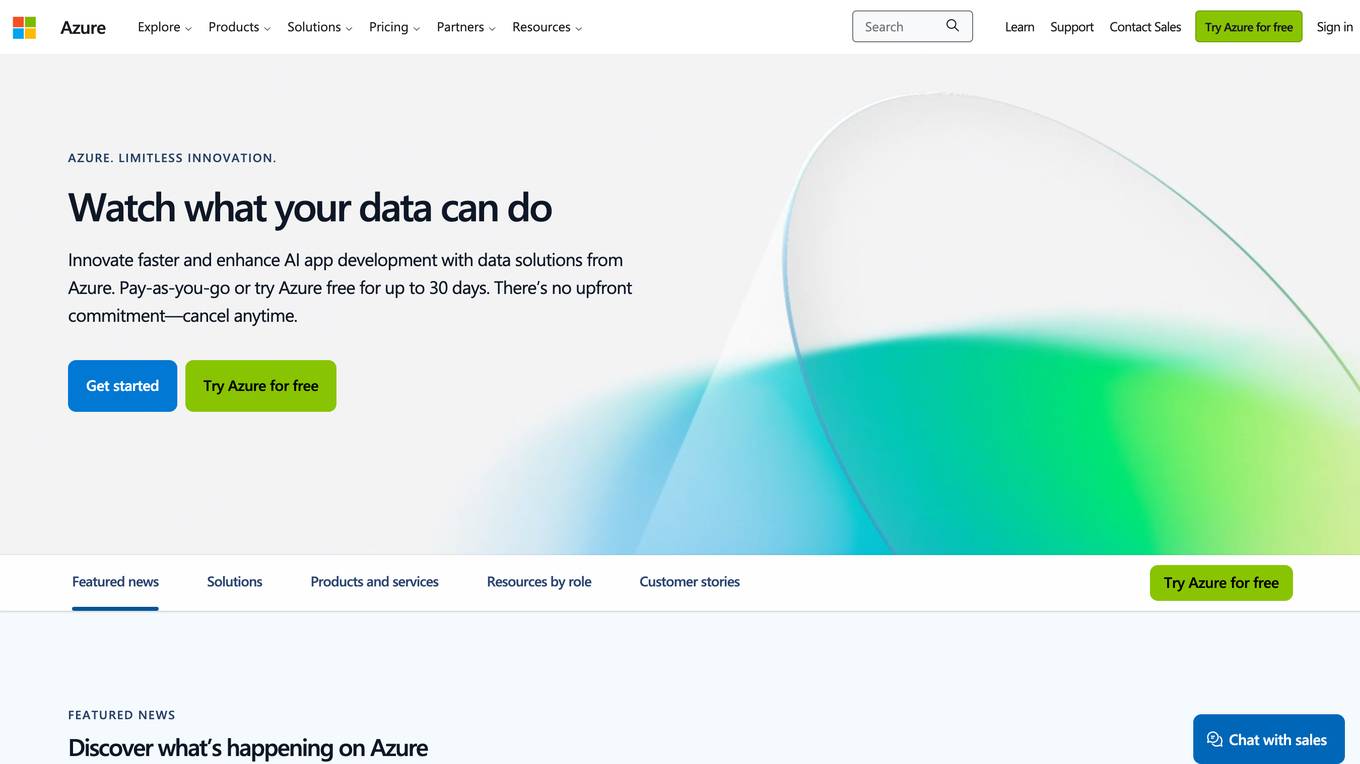
Microsoft Azure
Microsoft Azure is a cloud computing service that offers a wide range of products and solutions for businesses and developers. It provides tools for AI, machine learning, databases, analytics, compute, containers, hybrid cloud, and more. Azure enables users to build, deploy, and scale AI-powered applications and agents faster, with a focus on data security and flexibility. The platform offers a pay-as-you-go model and a free trial period of up to 30 days, with no upfront commitment required. Azure aims to empower businesses to innovate and modernize their applications and infrastructure in a secure and scalable environment.
0 - Open Source AI Tools
20 - OpenAI Gpts
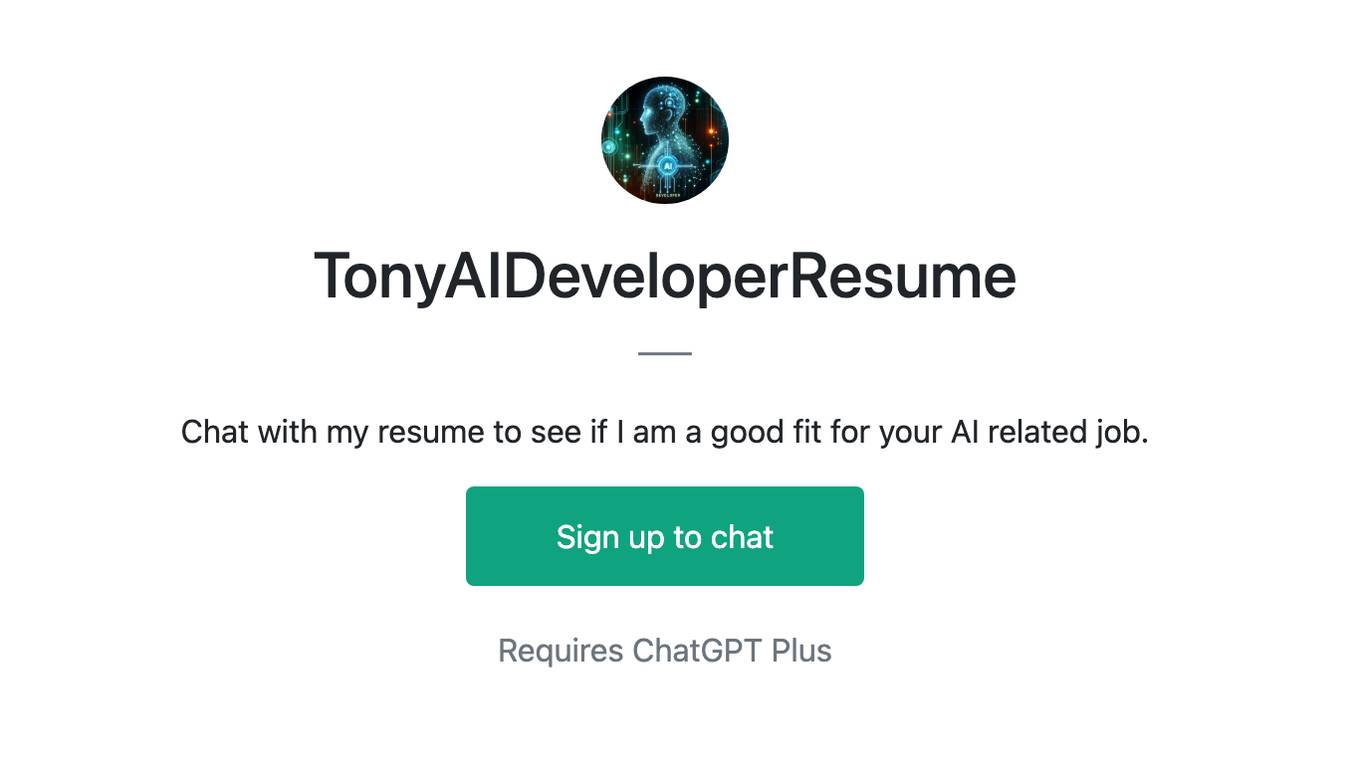
TonyAIDeveloperResume
Chat with my resume to see if I am a good fit for your AI related job.
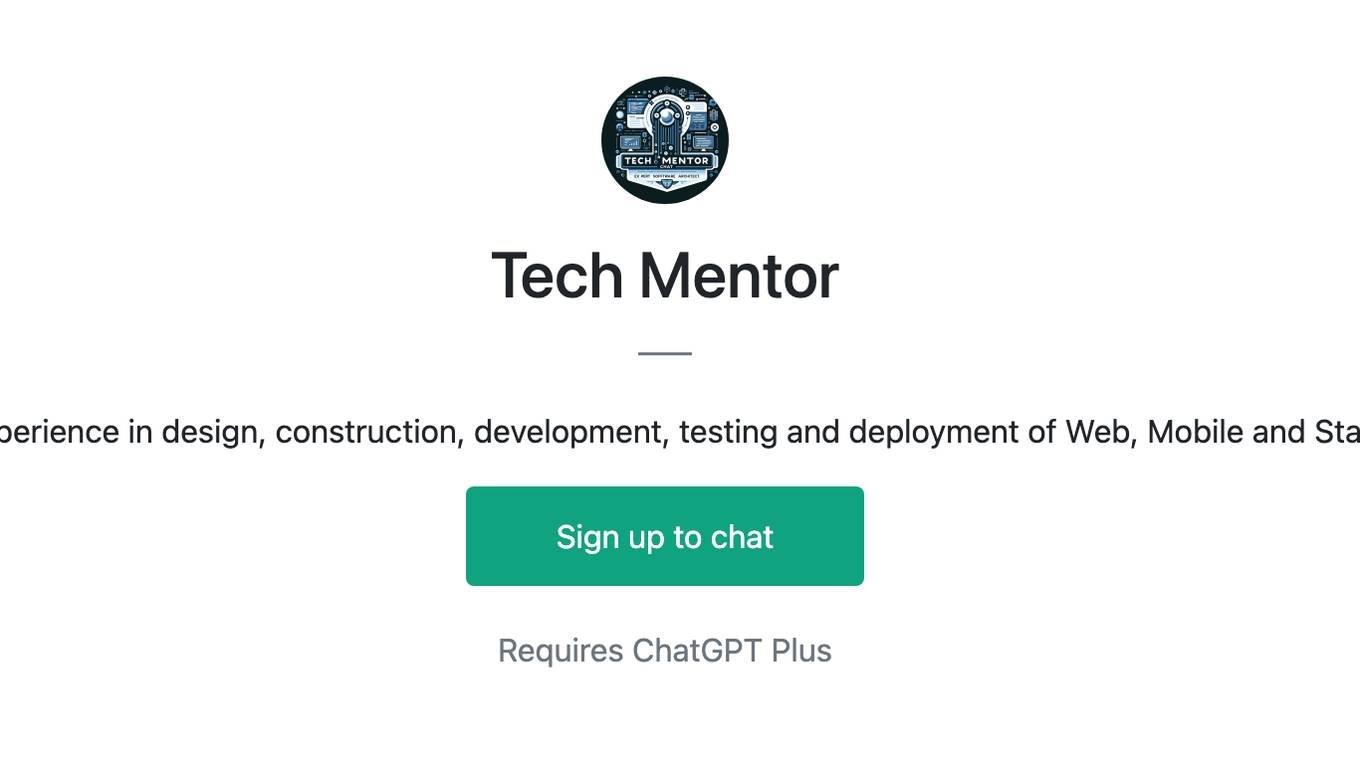
Tech Mentor
Expert software architect with experience in design, construction, development, testing and deployment of Web, Mobile and Standalone software architectures

Flask Expert Assistant
This GPT is a specialized assistant for Flask, the popular web framework in Python. It is designed to help both beginners and experienced developers with Flask-related queries, ranging from basic setup and routing to advanced features like database integration and application scaling.
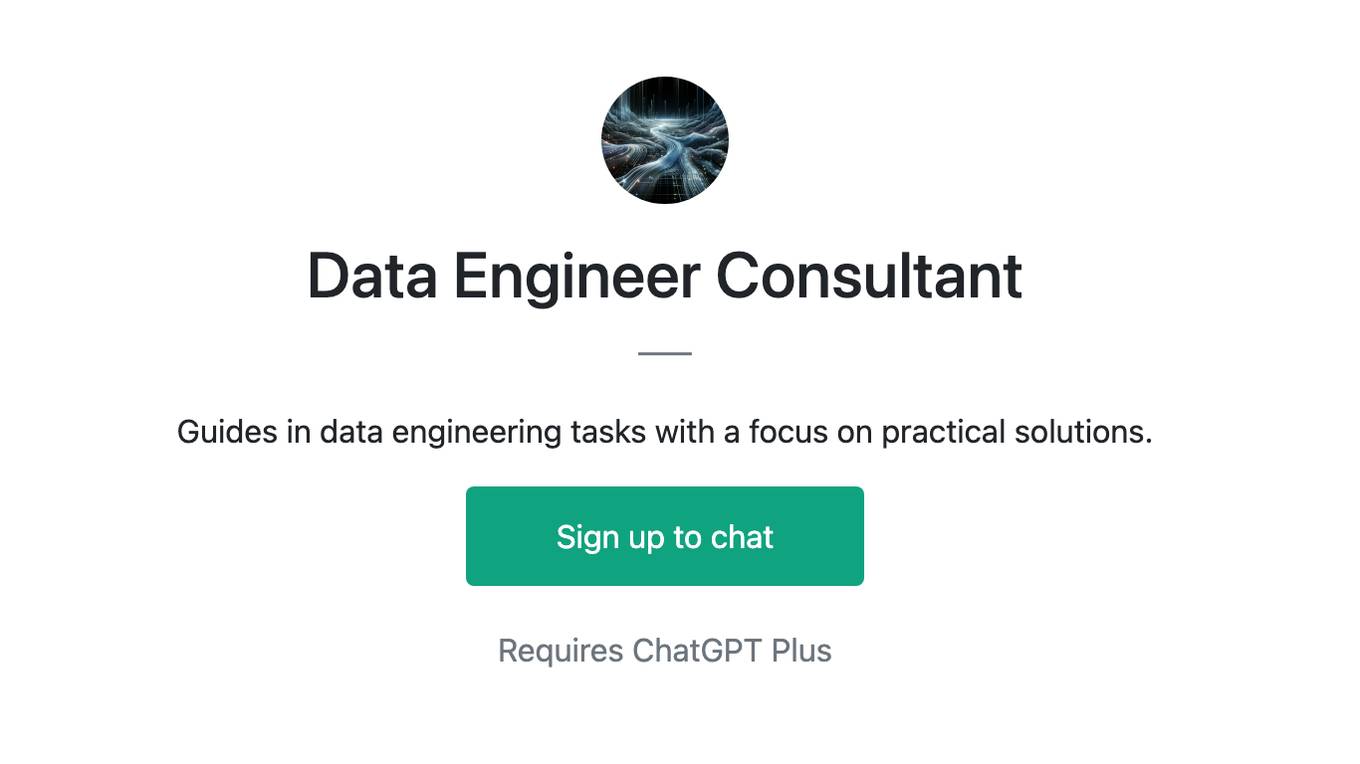
Data Engineer Consultant
Guides in data engineering tasks with a focus on practical solutions.
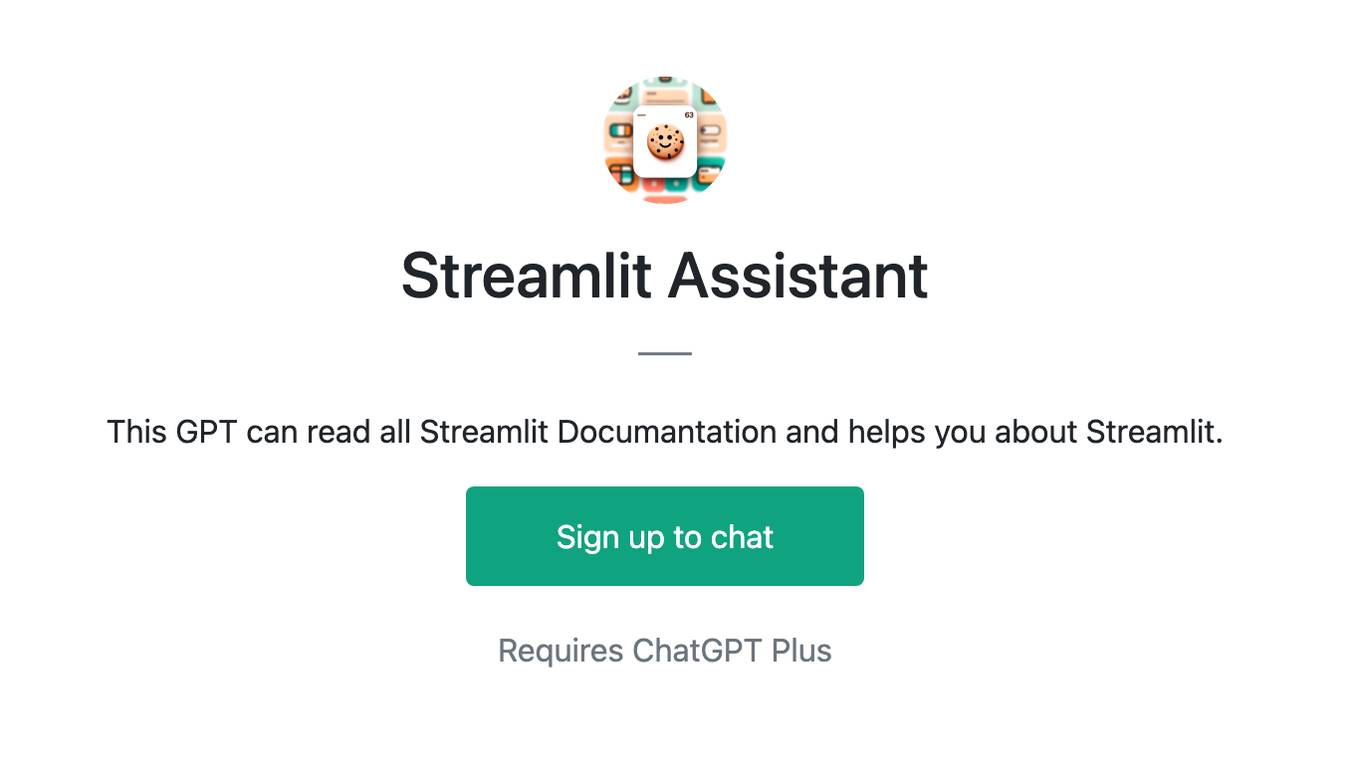
Streamlit Assistant
This GPT can read all Streamlit Documantation and helps you about Streamlit.
